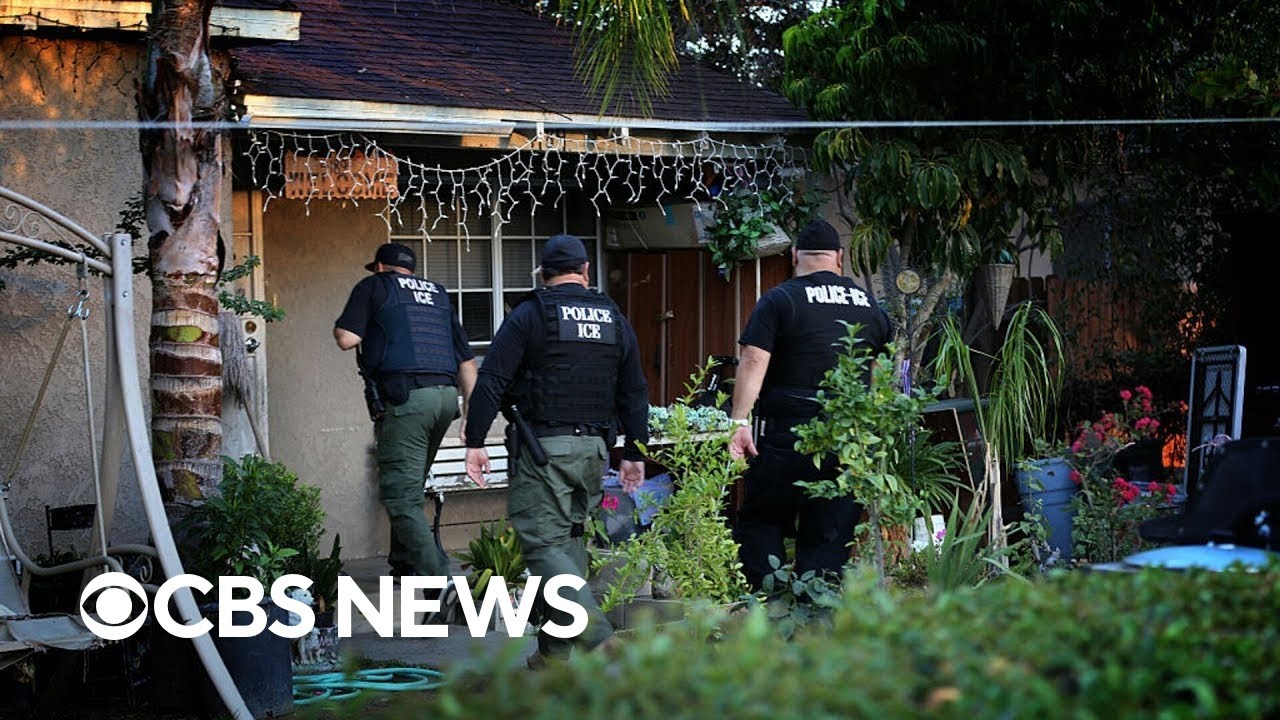Introduction: Understanding the Concept of Sanctuary Cities
In recent years, the term "sanctuary city" has gained significant attention and sparked debate in the United States. A sanctuary city refers to a municipality that adopts policies to limit its cooperation with federal immigration enforcement agencies, in an effort to protect undocumented immigrants residing within its jurisdiction. These policies often include restrictions on local law enforcement’s involvement in immigration enforcement and the provision of certain benefits to undocumented individuals. Providence, Rhode Island, has been at the center of this debate, with proponents arguing that it should be considered a sanctuary city. This article aims to explore whether Providence meets the criteria to be classified as a sanctuary city.
Defining Providence, Rhode Island as a Potential Sanctuary City
Providence, the capital city of Rhode Island, has been labeled as a potential sanctuary city due to its policies and practices regarding undocumented immigrants. While the city has not explicitly declared itself a sanctuary city, it has implemented several policies that limit its cooperation with federal immigration authorities and provide protections to undocumented individuals.
The Legal Framework Surrounding Sanctuary Cities in the US
The legal framework surrounding sanctuary cities in the United States is complex and often subject to interpretation. The power to enforce immigration laws primarily rests with the federal government. However, local jurisdictions have the freedom to establish their own policies and determine the level of cooperation with federal immigration authorities. The debate over the legality of sanctuary cities centers around the balance of power between federal and local authorities.
Examining Providence’s Immigration Policies and Practices
Providence has implemented a range of policies aimed at protecting undocumented immigrants. These include the Non-Discrimination Executive Order, which prohibits city employees from inquiring about an individual’s immigration status unless required by law. The Trust Act, another crucial policy, limits the city’s cooperation with federal immigration agencies unless there is a judicial warrant. These policies indicate a commitment to providing a safe environment for undocumented immigrants within Providence’s jurisdiction.
Political Support for Providence as a Sanctuary City
Providence has received substantial political support in its bid to become a sanctuary city. Mayor Jorge Elorza has expressed his commitment to protecting Providence’s undocumented residents and ensuring they have access to city services. Additionally, the City Council has passed resolutions in support of immigrant-friendly policies and practices, further solidifying its stance.
Opposition to Providence’s Sanctuary City Status
Despite the political support, Providence’s sanctuary city status has faced opposition. Critics argue that the city’s policies undermine federal immigration laws and potentially harbor criminals. They claim that limiting cooperation with federal immigration authorities could endanger public safety and lead to an increase in crime.
Evaluating the Impact of Sanctuary City Policies in Providence
Assessing the impact of sanctuary city policies in Providence is a complex task. While these policies aim to provide a sense of security to undocumented immigrants, critics argue that they may inadvertently shield individuals involved in criminal activities. However, studies have shown that sanctuary cities do not experience higher crime rates compared to non-sanctuary cities. It is vital to consider comprehensive data when evaluating the impact of these policies.
Providence’s Collaboration with Federal Immigration Authorities
Although Providence has implemented policies limiting cooperation with federal immigration authorities, it still maintains some degree of collaboration. The city complies with federal requests for information sharing regarding individuals who have been convicted of serious crimes. This collaboration ensures that public safety concerns are adequately addressed while providing limited protection to undocumented immigrants.
Economic and Social Consequences of Providence’s Sanctuary City Status
Supporters argue that Providence’s sanctuary city status leads to economic and social benefits. Undocumented immigrants, who feel safer and more included, may contribute to the local economy through employment and entrepreneurship. Critics, on the other hand, claim that providing benefits and protections to undocumented individuals places a burden on taxpayers and potentially takes away resources from legal residents.
Public Opinion: Support and Criticism of Providence’s Stand
Public opinion regarding Providence’s sanctuary city status is divided. Supporters emphasize the importance of compassion and inclusivity, arguing that providing protection to undocumented immigrants aligns with American values. Critics, however, believe that the city should prioritize the enforcement of federal immigration laws in order to maintain the rule of law and protect public safety.
Comparing Providence to Other Sanctuary Cities in the US
When comparing Providence to other sanctuary cities across the United States, it is evident that the city’s policies and practices align with those of other jurisdictions considered sanctuary cities. Although it may not explicitly declare itself as one, Providence’s commitment to protecting undocumented immigrants is consistent with the broader concept of sanctuary cities.
Conclusion: Assessing Providence’s Eligibility as a Sanctuary City
Based on an evaluation of Providence’s policies, practices, and political support, it is reasonable to conclude that Providence qualifies as a sanctuary city. While it may not meet all the criteria used to define a sanctuary city, its commitment to providing protections to undocumented immigrants and limiting cooperation with federal immigration authorities places it within the realm of sanctuary cities in the United States. The economic, social, and political consequences of this status continue to be subject to debate, highlighting the ongoing complexity of the sanctuary city issue in the United States.





